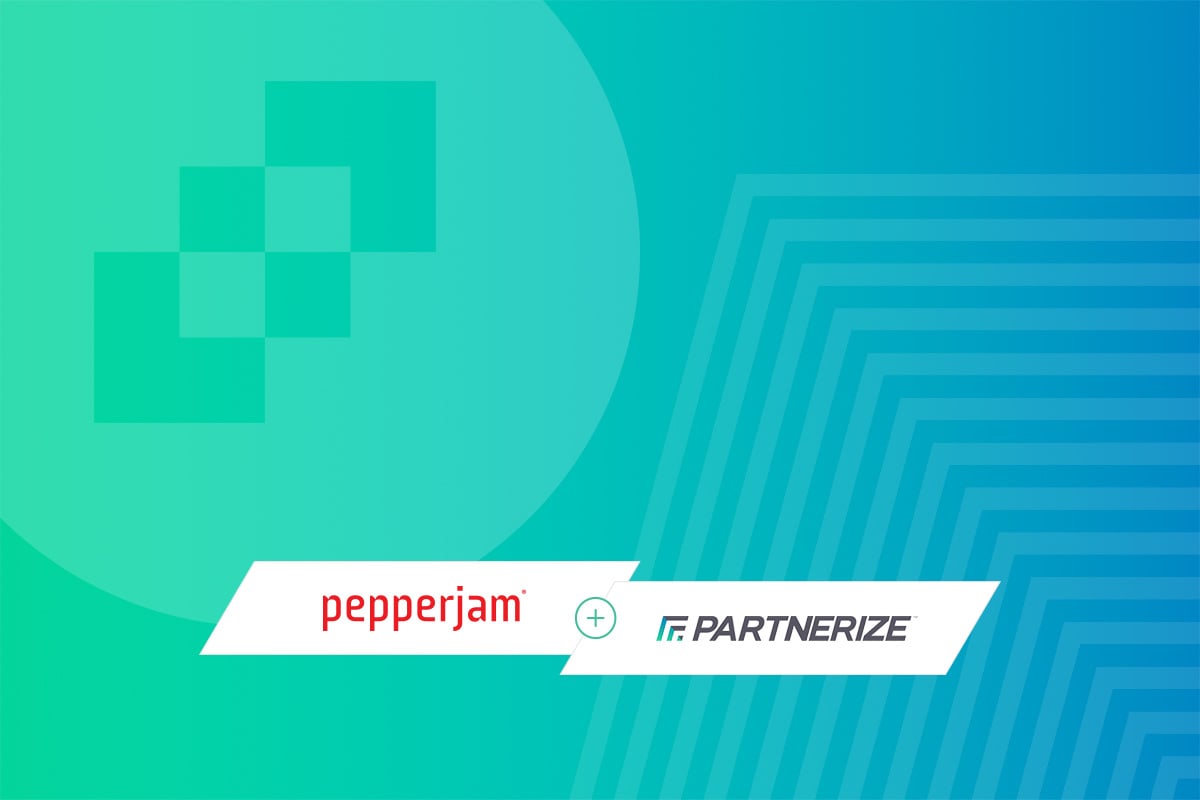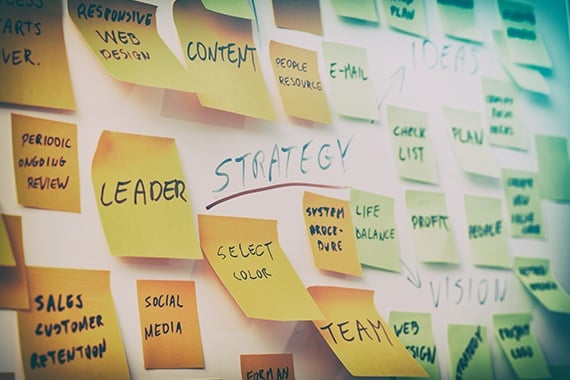A note from Pepperjam: For nearly 20 years, Pepperjam has stood firmly on a foundation that has been built on the idea of strengthening and expanding industry knowledge, in our category and beyond. It's in this vein that we invite some of the most esteemed thought leaders in ecommerce to lend us some of their wisdom as guest contributors to the Pepperjam blog. In this installment, we chatted with Kevin Ryan, Digital marketing and brand positioning strategist and CEO of Motivity Marketing, to discuss all things influencer and the impact of the pandemic on marketers.
Pepperjam: Thanks for taking the time out to chat with us, Kevin. Let’s get right to it: What’s your opinion on campaign fees, fees for partnerships, that sort of thing? How do you think the options have evolved– especially over the past eight months as a result of the pandemic?
Kevin Ryan: Ah yes, this is always a thing. It varies by discipline – media, influencer, social—and whether we are talking about agency or consulting fees. Basically, you get what you can, and you get what you can negotiate. Regardless of the shifts or tensions of the past eight months, or what may be the published rate – it has always been the case that fees can be negotiated.
Pepperjam: Do you think that brands, especially those new to influencer marketing, get seduced by bigger influencer names, even though they might not be a right fit for them at all—not to mention outrageously expensive to work with?
Kevin Ryan: I've encountered this multiple times, brands lured by “celebrity” over what’s a proper fit for their brand. Unless it’s extremely complementary as far as fit, say engaging Ashton Kutcher to target the Demi Moore category, you may as well be standing on the street corner shouting about your product.
Pepperjam: That’s an interesting point but what even constitutes a “valuable influencer”? Or, to rephrase: to get a desired outcome, does the influencer have to be a recognizable household name, or is it more about the value that lies in their niche? It’s easy for a brand to get starstruck thinking about all their influencer options, but marketers ultimately know that at the end of the day, success is measured by achieving the campaign’s KPIs—regardless of who the influencer is. There needs to be a discipline to their selection approach. So, how do brands need to think about this, and go about it the right way, given all the possible directions – is it more about influencer cache or the right / niche fit?
Kevin Ryan: Influencer, overall, is essentially a new discipline, if one can call it that. For brands, or teams charged with figuring out influencer marketing, the first step is often research – especially if you’re not using a technology platform – to find good influencer fits within your category. And it is here in this research where things can begin to go south. Your approach needs to be methodical. You need a very thoughtful, tailored, often bespoke, approach. And to be clear – a bespoke method is not nearly as expensive as it was in any other discipline even a just few years ago. It essentially means the process is well vetted. You build your subject matter analysis, and social media discovery around the specific criteria that you establish. You can use the same basic principles that you would use in developing an analytic system or even developing a dashboard.
On a related point, I do a lot of work in the entertainment category. We're constantly trying to figure out, if somebody is getting tons of criticism in the press, does that mean that people will not pay attention to their work anymore or boycott them? So, the question becomes: Can I still make money with this person? And it's ultimately, depending on the scale, not all that difficult to figure out. It’s about weighing the types of engagements and the types of responses that you get to a particular subject or to a particular person. Just how deep you can go with understanding the market and understanding the individual. To give you an example, take a Hollywood celebrity that is getting huge criticism, but is an up-and-coming writer, with a lot of promise, a couple of really good projects under their belt, is in the Writers Guild, has some profitable work, etc. But, say there's a lot of negative press on the most recent project, and so the task becomes to separate the hype, or the nonsense from the people who will still buy your stuff. To assist in an endeavor like this, some companies are actually producing these analytics suites that not only provide the overall value of a particular engagement with a particular individual, but it will tell you exactly what you can expect in some instances from return based on the profiles that you built. This is the bespoke aspect of carefully building that understanding.
I know this wasn’t part of your question, but I think it’s worth sharing. There is the self-induced mass lockdown thing that's happening to people on social media and I think it's only gotten worse, since we are both literally and figuratively, sequestered or locked away. If you haven’t watched the Social Dilemma, it's all about how Facebook and other companies monetize from getting you “hooked on” a device. So, the getting hooked part coupled with people retreating into their “filter bubbles” and the 10 million Facebook groups existing for every single one of life's great traumas, and you can just easily retreat into that. You can also block people who don't agree with you. You find more people who are who are part of a sympathetic audience to whatever nonsense is in your head that day. And suddenly, you're surrounded by only people who agree with you! I think the pandemic has made this worse. It's the perfect storm of self-indulgence. If it was bad before, it’s 100% worse now.
We’ve retreated more and more into our corners and the problem is, in this country right now, there are only two corners. And if you're not in one, then you have to be in the other. So, the only content you see is going to be empathetic content to one of the two sides. In recent months, everything that was bad before got worse in the social infrastructure, the manner of content consumption, the influencer world. Marketing in general, has had to change.
And I don't know that it's necessarily a good thing. But it had to change. You know, at the end of the day, people still need milk and eggs, people need to still buy food for their cats and dogs. People still need to find ways to create. But I think if you're trying to evaluate potential platforms, or potential engagement points, and this is just like any other aspect of digital or any other aspects of marketing, you now have to look for verticals or vertical personalities that meet a specific interest category and factor that into your overall strategy.

Kevin M. Ryan is the Founder and CEO of Motivity Marketing, as well as popular business author and podcast host in the realm of digital marketing and media.









